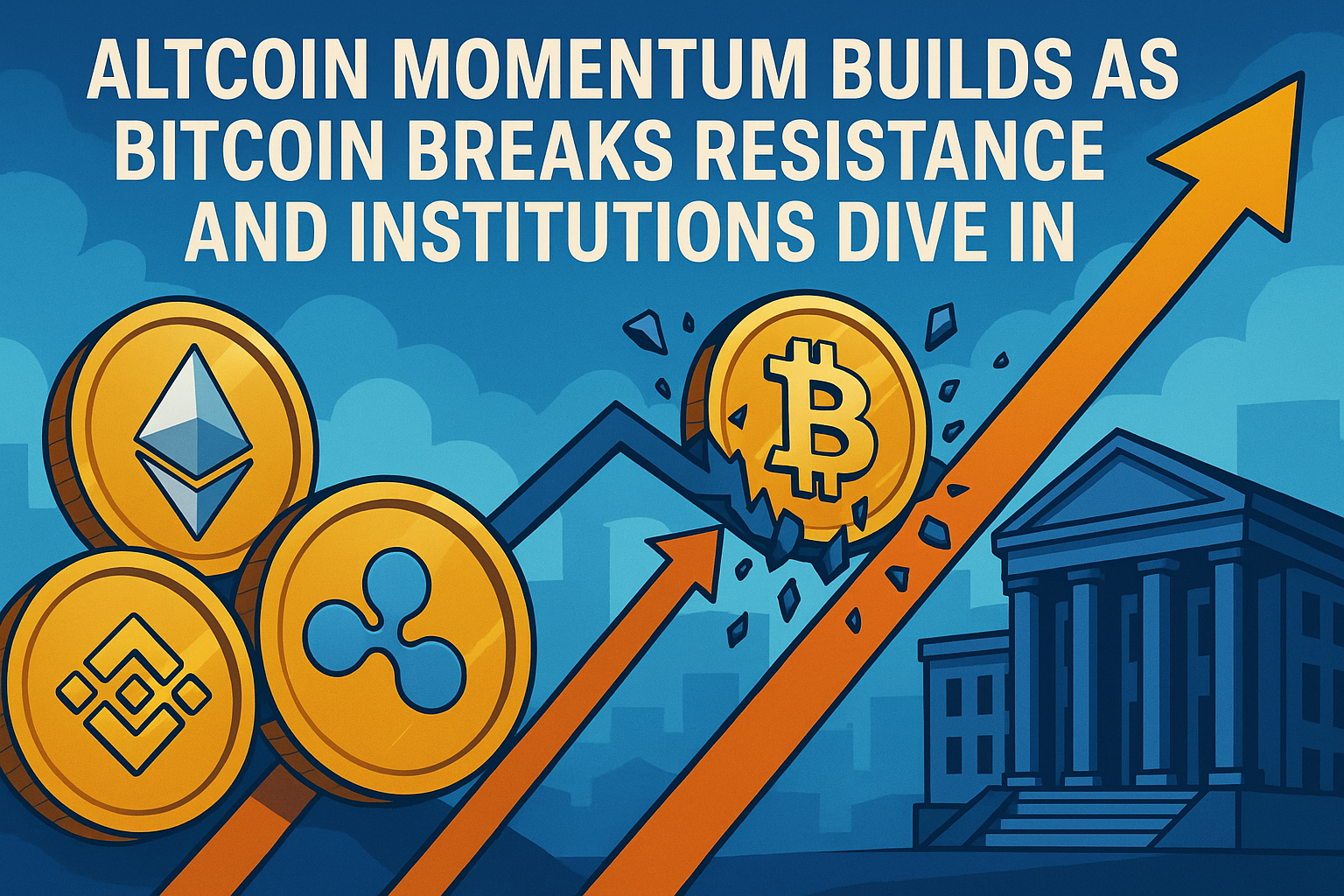Table of Contents
As Cryptocurrency continues to grow in popularity, the environmental impact of mining this digital currency is becoming a growing concern. The process of mining cryptocurrency requires a massive amount of computing power, which consumes an immense amount of energy.
This computing power is provided by specialized computers called "mining rigs." In addition, the electricity required to power these rigs is often sourced from coal-fired power plants, known to be one of the world's largest sources of carbon emissions.
The Role of Cryptocurrency in the Developing World
Cryptocurrency can revolutionize how people in the developing world handle their finances. Cryptocurrency solves this problem by providing a decentralized and secure way to send and receive money.
One of the primary benefits of Cryptocurrency is that it allows people in the developing world to participate in the global economy. Cryptocurrency offers a more secure way to handle financial transactions in countries with rampant corruption and fraud. This is because transactions conducted with Cryptocurrency are secured using complex cryptographic algorithms that make them difficult to hack or manipulate. In many developing countries, inflation can be a significant problem, reducing the value of people's savings over time.
The Challenges of Cryptocurrency Adoption in the Developing World
One of the primary challenges is that many people in the developing world need access to the technology required to use Cryptocurrency. For example, smartphones and computers, necessary to store and transfer Cryptocurrency, are only widely available in some parts of the developing world.
Another challenge is that Cryptocurrency is still a relatively new technology, and many people are skeptical of its security and reliability. This can make it difficult to gain widespread cryptocurrency adoption in the developing world.
With Cryptocurrency, people can send and receive money anywhere worldwide without needing a bank account or government-issued identification card.
Cryptocurrency also provides a way for people to protect their wealth from inflation. In many parts of the world, inflation can be a significant problem, reducing the value of people's savings over time.
The Challenges of Cryptocurrency Adoption for Financial Inclusion
While Cryptocurrency has the potential to bring significant benefits for financial inclusion, there are also significant challenges to its adoption. Smartphones and computers, necessary to store and transfer Cryptocurrency, are only widely available in some parts of the developing world.
Trading platforms like Bitcoin Bank use advanced algorithms to evaluate the cryptocurrency market and produce successful trading recommendations for their members. Before investing, buyers should do their homework and thoroughly comprehend the industry and the platform.
Another challenge is that Cryptocurrency is still a relatively new technology, and many people are skeptical of its security and reliability. This can make gaining widespread cryptocurrency adoption difficult for financial inclusion.
Cryptocurrency and the Future of Charitable Giving
Cryptocurrency can transform how charitable organizations receive donations and distribute aid. Cryptocurrency provides a decentralized and transparent way to transfer money, which can reduce the costs associated with traditional donation channels. It also offers a new way for donors to give, with greater privacy and control over how their funds are used.
The Benefits of Cryptocurrency for Charitable Giving
One of the primary benefits of Cryptocurrency for charitable giving is that it offers greater transparency in the donation process. This can increase donor confidence and trust in charitable organizations. This can reduce the costs associated with donation processing, allowing more funds to be directed toward the charitable cause.
Another benefit of Cryptocurrency for charitable giving is giving donors more control over how their funds are used. Donors can specify exactly how their funds will be allocated, allowing them to support specific causes and projects. This transparency and control level can increase donor satisfaction and engagement.
The Challenges of Cryptocurrency Adoption for Charitable Giving
One of the primary challenges is that many charitable organizations need more technical knowledge and resources to accept cryptocurrency donations. This can make it difficult for donors to give using Cryptocurrency and can limit the potential impact of the technology on charitable giving.
Another challenge is that Cryptocurrency is still a relatively new technology, and many people are skeptical of its security and reliability. This can make it difficult to gain widespread adoption of Cryptocurrency for charitable giving. However, some arguments suggest that cryptocurrency mining positively impacts renewable energy development and innovation.
The Positive Impact of Cryptocurrency Mining on Renewable Energy
Despite its negative impact, some arguments suggest that cryptocurrency mining can positively impact renewable energy development and innovation. For instance, several Bitcoin miners have begun running their operations using sustainable energy sources like solar or wind power. This can help the development of renewable energy technologies while lowering the carbon impact of mining.
Cryptocurrency mining can also solve the problem of excess renewable energy production. In some areas, renewable energy sources like solar and wind power produce more energy than the grid can handle. Cryptocurrency miners can use this excess energy to power their mining operations, reducing waste and helping to stabilize the grid.
Final Words
Bitcoin has the ability to advance financial inclusion and provide underprivileged people and communities with financial services. While its adoption has significant challenges, there are also many potential benefits.
In the future, cryptocurrency usage for financial inclusion will rise significantly as more people and communities become aware of it and its advantages. It will be essential to continue addressing the adoption challenges and work towards creating a more inclusive and accessible global financial system.








